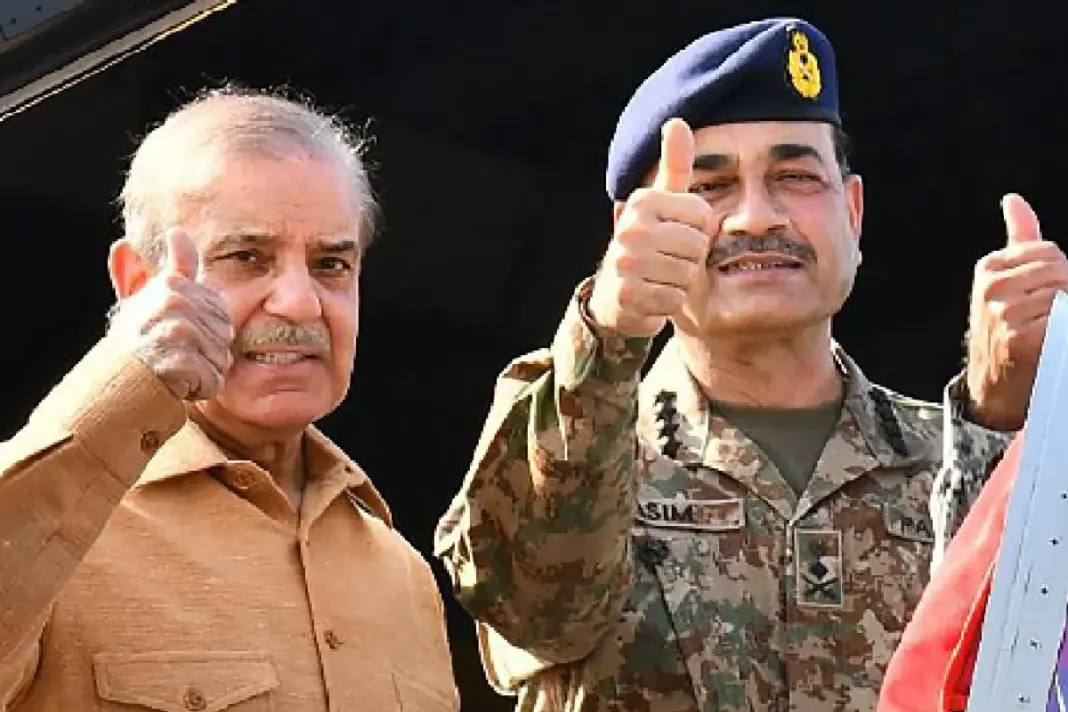PoK News: Weeks following the violent protests over inflation and a lack of electricity in Pakistan-Occupied Kashmir (PoK), protests have started once again — this time mostly composed of Gen Z activists and students. The situation appears to be developing quickly, raising questions about whether there is a new project of civil unrest facing Pakistan, similar to campaigns for democracy in Nepal.
Gen Z Takes to the Streets
What originally began as localised protests against rising costs for food and fuel has developed into a youth-led movement. Thousands of youth have marched in Muzaffarabad, Rawalakot, and Bagh demanding accountability, fair governance, and greater autonomy. The movement embraces slogans like “Azadi from Islamabad’s neglect” and is more than just a development of youth activism; it is a reflection of a generational shift towards simulating, substantively, the political and military elite in Pakistan.
DON'T MISS
The Decline of Government Control
The government of Shehbaz Sharif is facing escalating difficulty as videos of massive protest rallies are shared over social media. There are reports that Army Chief Asim Munir has received assessments on multiple occasions regarding the deteriorating nature of the situation. Security force presence has been determined with heavy security deployments; however, protesters are resisting and have stated that they will not retreat until their demands are addressed. Commentary on the situation has suggested that Islamabad’s hardline response could create even more of a backlash, thereby escalating containment of the situation.
Is it a repetition of the Nepal Transformation?
Commentary is characterising these protests as “PoK Uprising 2.0” in reference to Nepal’s revolution to redefine its political future. The protests are characterised by young people and activism on social media, generating interest and awareness globally. For Pakistan, which is suffering from economic instability and fragile international views, this is a significant political test.
The Path Forward
If Islamabad fails to address local complaints, specialists suggest that the movement could spill over from PoK and could challenge the already precarious coalition government. The pressure is mounting, and the Shehbaz–Asim equation seems to be fraying at the seams, with both sides encountering difficulties in containing it.
We await to see if this evolves into a crisis for the region or dissipates under the weight of the state. But one thing is evident — the youth of PoK are done being silent.



